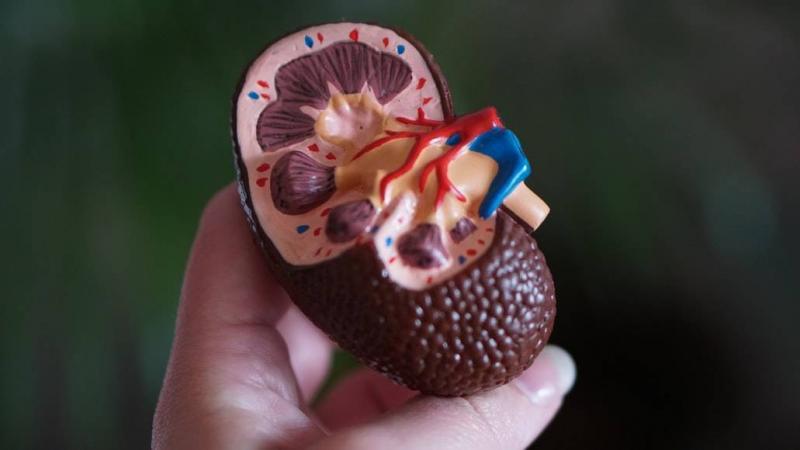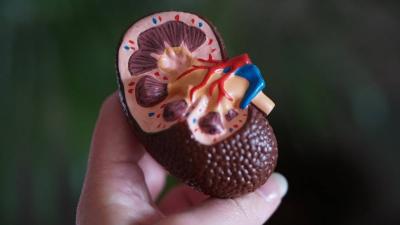Patients with kidney problems experience a significant decrease in the amount of water in their bodies, along with the formation of stones due to high salt levels, making fasting difficult without consulting a specialist doctor. Mohamed El-Sayed Tawfik, a consultant in kidney diseases, diabetes, and endocrinology, offers his advice for kidney patients to safely fast during Ramadan, stating: "Fasting during this period is very difficult for kidney patients who are impacted by two factors: the long fasting duration and the high temperatures."
Tawfik continued in an interview with "Sky News Arabia": "Kidney patients suffer from high temperatures due to a significant loss of fluids in their bodies, leading to an increased concentration of salts that form stones."
Consultation with a Doctor
The kidney specialist emphasized the need for patients to follow their doctor's advice to determine the possibility and suitability of fasting for their condition and ability. If the doctor advises against fasting based on medical data, the patient must comply to avoid serious health crises, along with continuously performing tests and examinations to assess the changing medical situation.
Tawfik explained: "Among the complications that may occur for kidney patients is the activation of urinary infections during fasting, which can be avoided by consuming a large amount of fluids to stimulate urine flow and prevent the microbes from becoming active. Therefore, the lack of water in the body poses a significant risk to kidney patients."
The consultant mentioned that patients undergoing dialysis should not fast on the days they receive treatments due to the need for intravenous solutions and the significant physical strain felt by the patient. For other days, a consultation with the specialist doctor is essential to express their opinion.
No Salt and Meat
At the same time, Dr. Abdel Rahman Taha, a consultant in internal medicine and nephrology, stated: "Foods high in salt should be completely avoided as the body eliminates these through the kidneys, which can lead to stones and make their expulsion burdensome."
Taha added in an interview with "Sky News Arabia": "Excessive meat consumption is another mistake to eliminate, as it is closely related to the production of uric acid, which can lead to stone formation. Therefore, protein intake should be moderate, with a safe alternative being white meats."
The internal medicine and nephrology consultant stressed: "Fresh fruits and vegetables are very important to consume during iftar but must be thoroughly cleaned and soaked in vinegar for several minutes to ensure their cleanliness from bacteria or any parasites that could cause medical crises, in addition to regular fluid intake."
Barley Drink
He further mentioned at "Sky News Arabia": "It is important to consume a barley drink that helps the body eliminate any residues, and to engage in walking exercises during fasting and iftar, which aid in burning off any unwanted substances in the kidneys."
The internal medicine and nephrology consultant concluded: "Some kidney patients also have diabetes, and in such cases, fasting is not recommended as they are at risk for serious health crises related to glucose imbalance."




